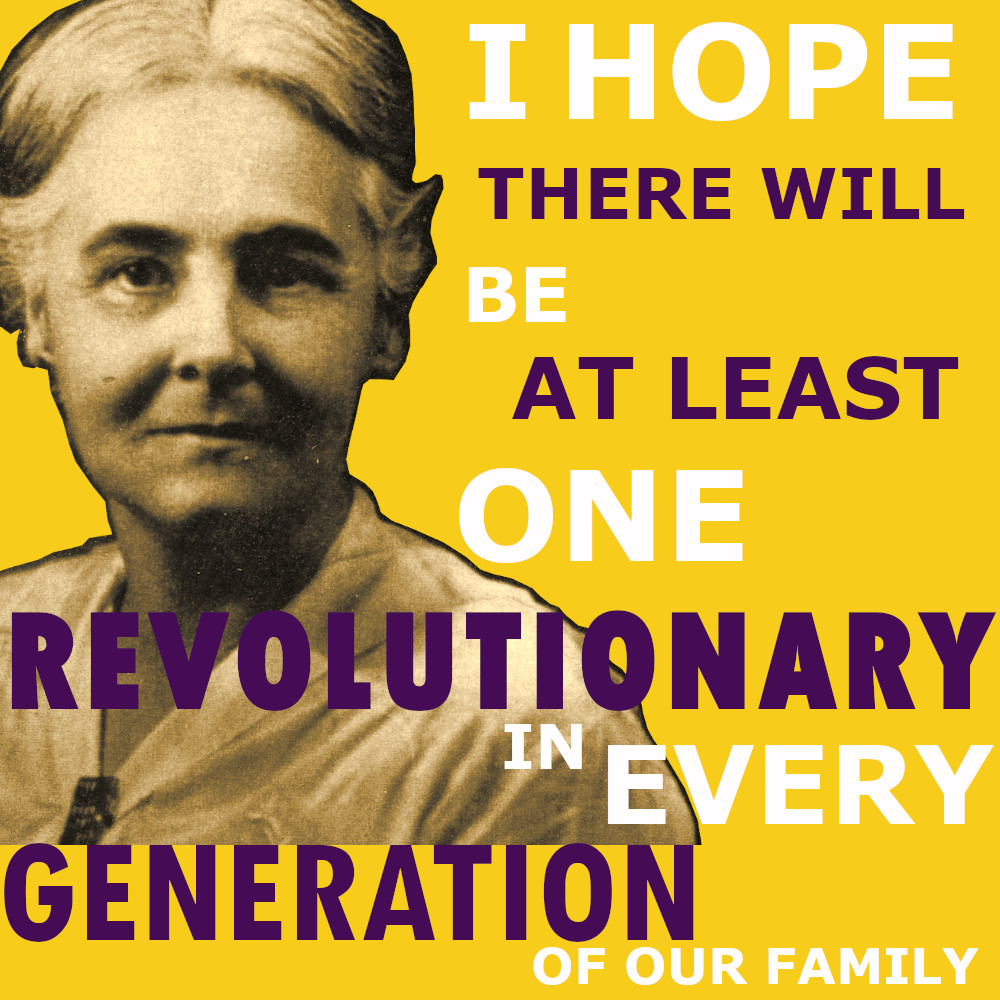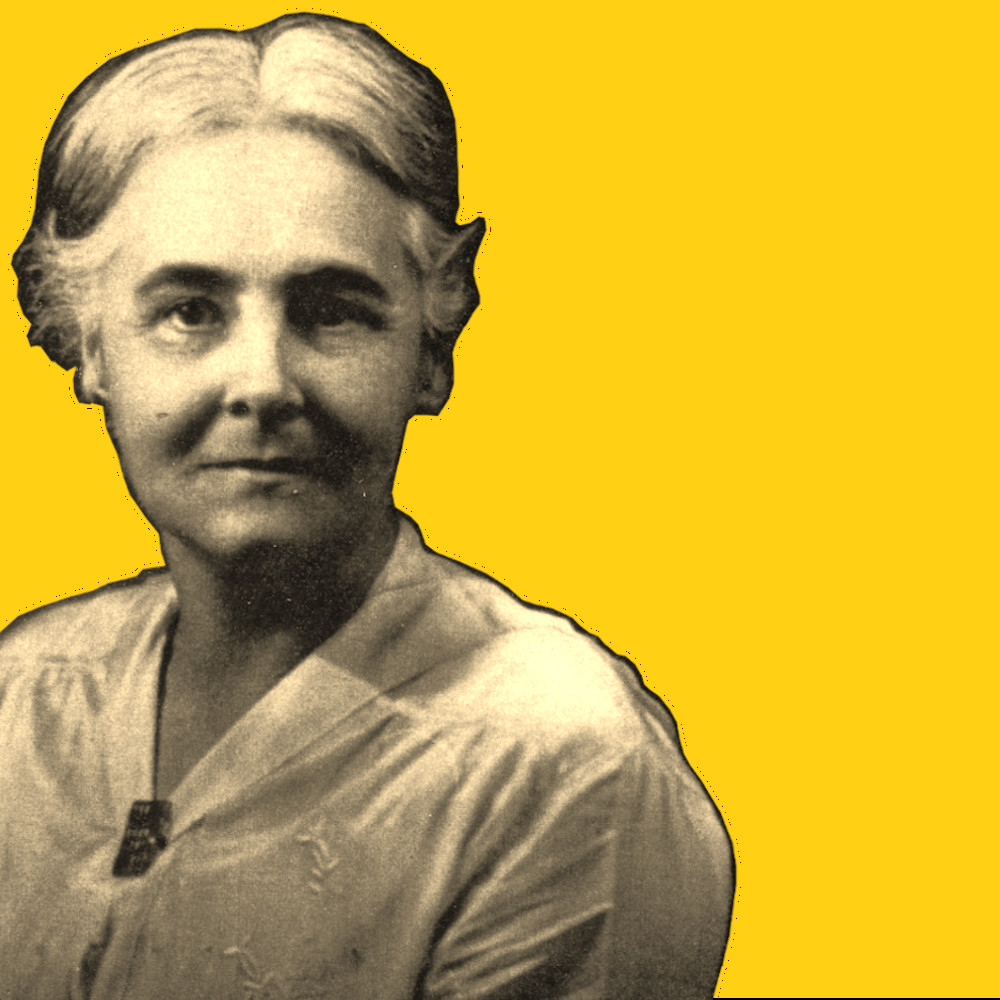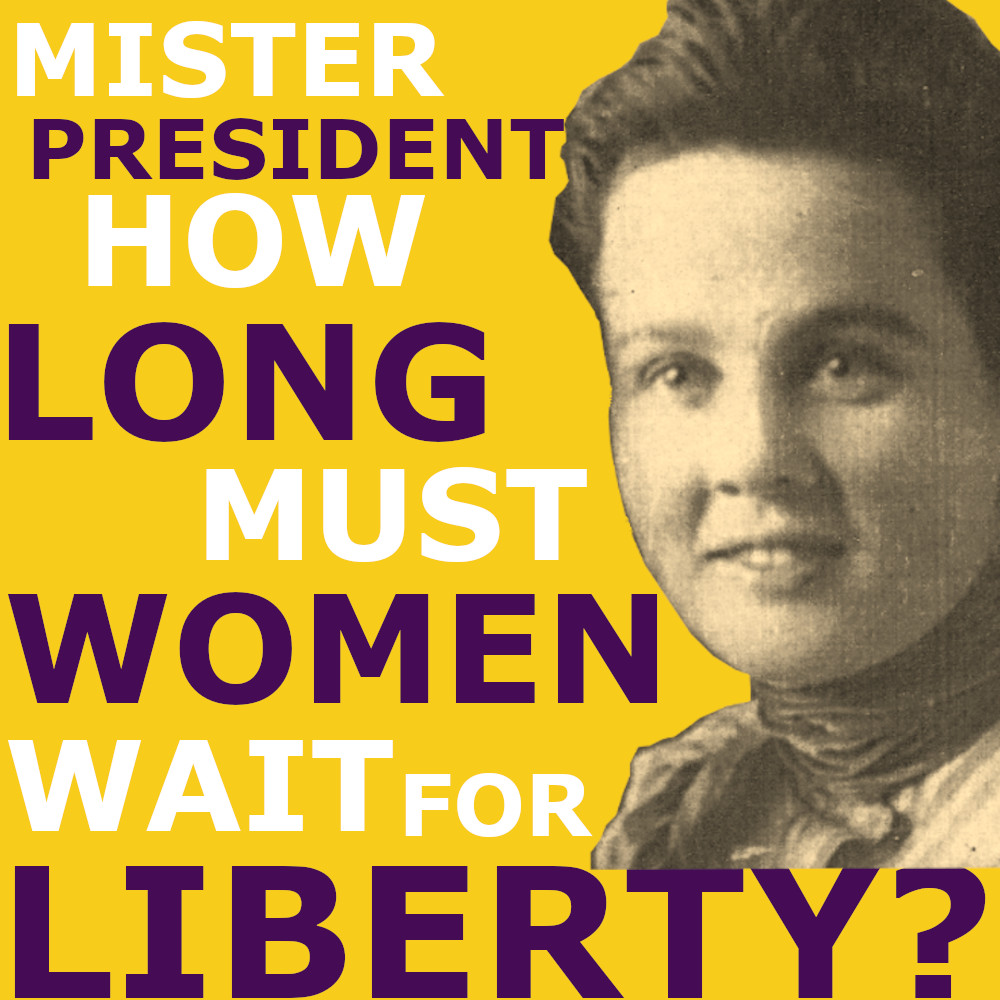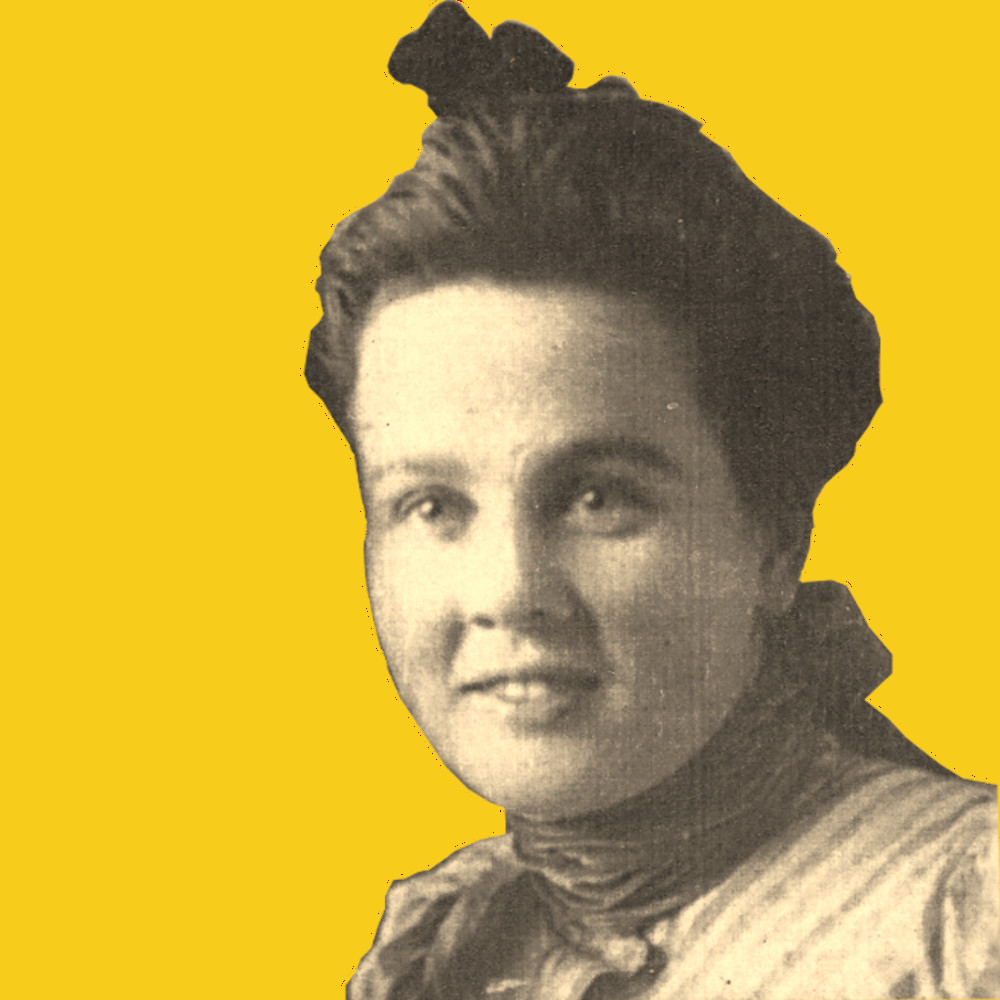Learn More about the two Framingham women who were jailed in the fight for women's suffrage.

Louise Parker Mayo

1868-1952
Louise Parker Mayo was a former schoolteacher, a mother of seven, co-manager of her family’s farm, and the operator of the “school barge,” the first horse-drawn school bus in Framingham. Despite her seemingly traditional path in life from school teacher to farm wife and mother, Mayo was a firebrand with the courage of her convictions. She served on the first executive board of the Framingham chapter of the Equal Suffrage League organized in 1914.
Mayo joined the picketing at the White House in July of 1917, not long after the U.S. entered World War I. Suffragists considered it a national embarrassment that a country purporting to fight for democracy in Europe failed to extend the right to participate in democracy to half its own population. Mayo’s neighbor, Mrs. Bowditch, who supported the cause but would not go herself, funded the trip.
The picketing campaign in which Mayo participated was an ongoing protest that was the very first of its kind. Picketing the White House was already considered a radical act, and doing so during a time of war was considered by many to be outright sedition. Police began arresting protesters, and it was the testimony of these women that inspired Mayo to travel to Washington. On July 14, 1917, Mayo and 16 other members of the Women’s Congressional Union were arrested for “unlawful assembly” and “obstructing traffic,” and were sentenced to 60 days in the Occoquan Workhouse in Virginia. President Wilson pardoned the women 3 days later.
Louise Parker Mayo

Josephine Collins

1879-1961
Josephine Collins was an entirely independent woman in a time when such a thing was basically unheard of. She was unmarried and a business owner, starting as a bookkeeper before she took over her brother’s grocery store on the Framingham Centre Common during World War I. She later ran a periodicals shop in the Esty Building and opened a tea room at the corner of Pleasant Street and Belknap Road where women could gather and discuss the issues of the day.
Although her “militant activities” garnered some opposition from her customers, Collins didn’t let her business’s needs deter her from the fight for suffrage. Collins joined a group organized by Alice Paul and the National Woman’s Party to picket President Wilson on February 24, 1919, as he returned to Boston from the Peace conference that ended World War I. Collins and 22 others protested the President’s failure to take a stand on suffrage. Josephine carried a sign reading “Mr. President, how long must women wait for liberty?”
Police warned the women that they might be arrested if they did not disperse. Collins was part of a group of 22 women who refused to give the court their real names and to pay a five dollar fine. This group was then taken to the Charles Street Jail to fulfill an eight day jail sentence. Collins was determined to serve the full eight days, but was released early when one of her brothers paid her fine.

